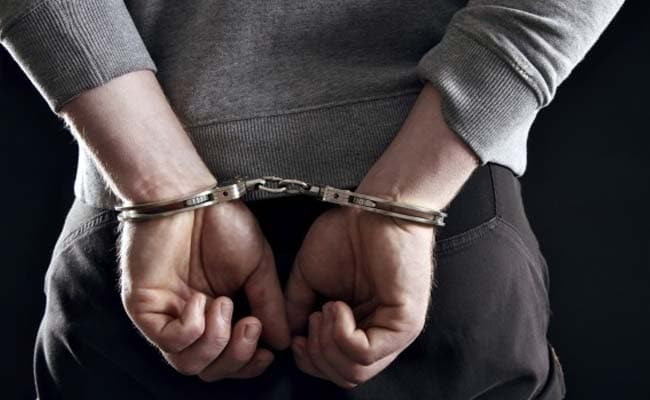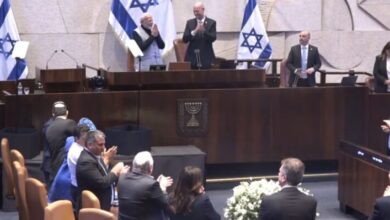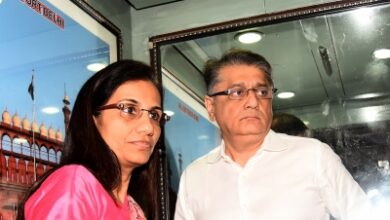Indo-Canadian driver arrested after 406 kg of meth found inside truck

Toronto, Feb 1 : A 29-year-old Indo-Canadian driver has been arrested after border officials found 406.2 kilograms of what’s believed to be methamphetamine from large suitcases inside his commercial truck, police said.
Komalpreet Sidhu from Winnipeg was arrested by the Manitoba Royal Canadian Mounted Police (RCMP) on January 14 and is expected to appear in court today, the CBC news channel reported.
He faces two charges, importation of methamphetamine and possession of a controlled substance for trafficking in what has been described by the officials as the largest narcotic seizure ever made in the Prairies.
The truck, which was en route to Winnipeg, was searched at the Boissevain port of entry, Ken McGregor of the Canada Border Services Agency (CBSA) said at a news conference in Winnipeg on Wednesday.
He said 200 individually wrapped packages were discovered inside suitcases in the truck and would be eventually destroyed.
The total amount of suspected drugs seized adds up to about four million illicit doses with an estimated street value of more than CA$ 50.7 million.
Inspector Joe Telus, a division intelligence officer with RCMP federal policing, said the truck came from the United States, and the drugs would have likely been distributed to locations across Manitoba and possibly in Western Canada and Ontario.
According to him, the truck has been linked to a commercial trucking company based in the province of Manitoba, where they believe the driver worked.
Telus further said that the size of the shipment suggests the transport of the drugs involved organized crime at the local, national, and international levels.
Sidhu’s arrest comes just as three other Indo-Canadians are set to be extradited to the US for their alleged links with a network trafficking drugs between Mexico and the North American nations.
They were identified as Ayush Sharma, 25, and Guramrit Sidhu, 60, both from Brampton, and Subham Kumar, 29, from Calgary, according to an RCMP statement released on Tuesday.
Sidhu, also known as King, is alleged to have orchestrated the trafficking and exportation of large-scale quantities of controlled substances to Canada working with several co-defendants described as suppliers.
He has been charged with one count of engaging in a continuing criminal enterprise, and if convicted, he faces a mandatory minimum penalty of 20 years in prison.
Sharma and Kumar were identified in the US indictment as semi-truck drivers involved in exporting drugs to Canada.






